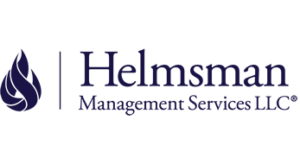
Today, the top 10 causes of workplace injuries cost U.S. businesses more than $1 billion a week, with total injuries costing more than $58 billion every year. Yet what makes these statistics even more disheartening is that the risk of many workplace injuries can be reduced.
The Workplace Safety Index (WSI) compiles the top 10 causes of the most serious non-fatal workplace injuries – those that caused employees to miss work for more than five days – ranked by direct cost to employers based on medical and lost-wage expenses.

Back injuries and broken bones can occur on any job, not just high-risk industries such as construction and healthcare. By making business owners aware of common scenarios for serious injuries, we can work together to reduce risk and create a safer workplace for tomorrow.
Download PDF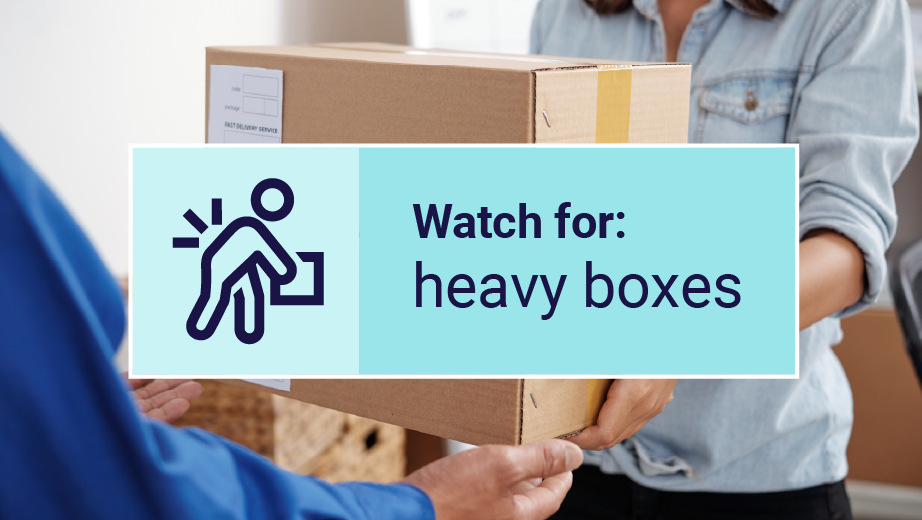
1. Overexertion involving outside sources (handling objects)
Cost per year: $12.63B
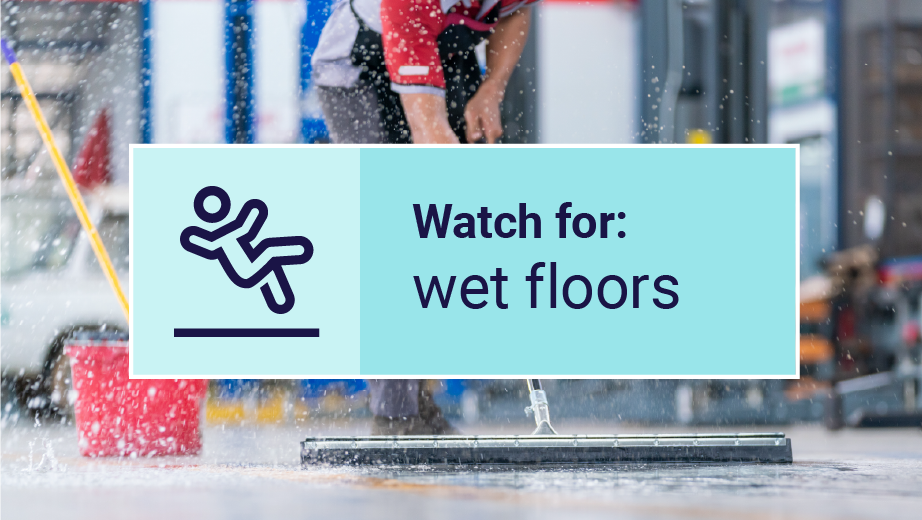
2. Falls on the same level
Cost per year: $10.26B
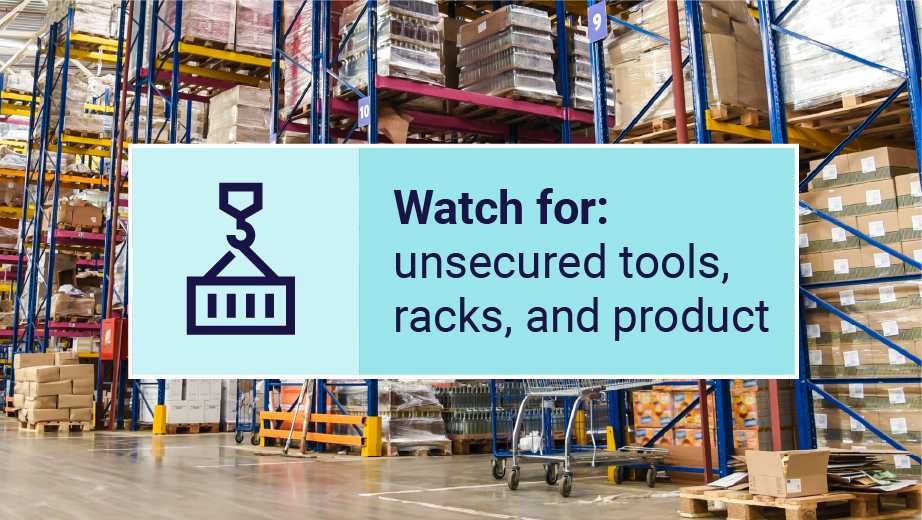
3. Struck by object or equipment (being hit by objects)
Cost per year: $5.66B

4. Falls to a lower level
Cost per year: $5.07B
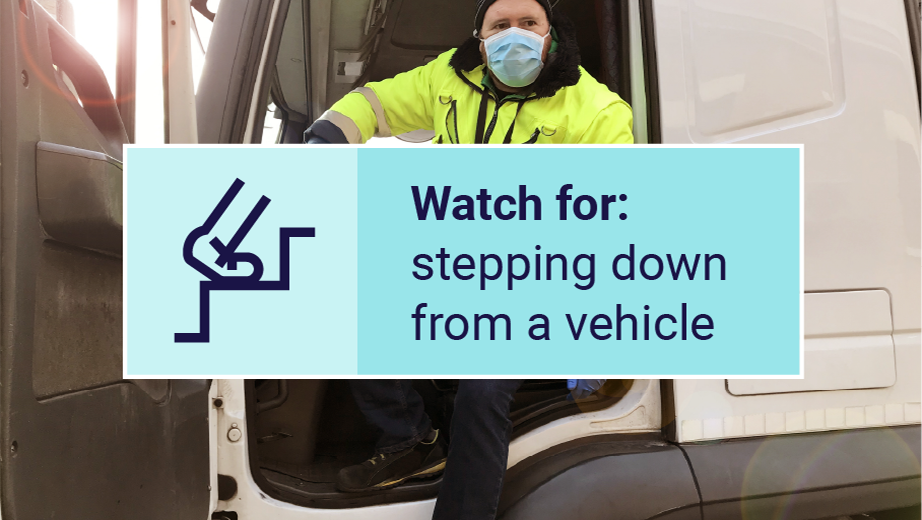
5. Other exertions and bodily reactions (awkward postures)
Cost per year: $4.01B
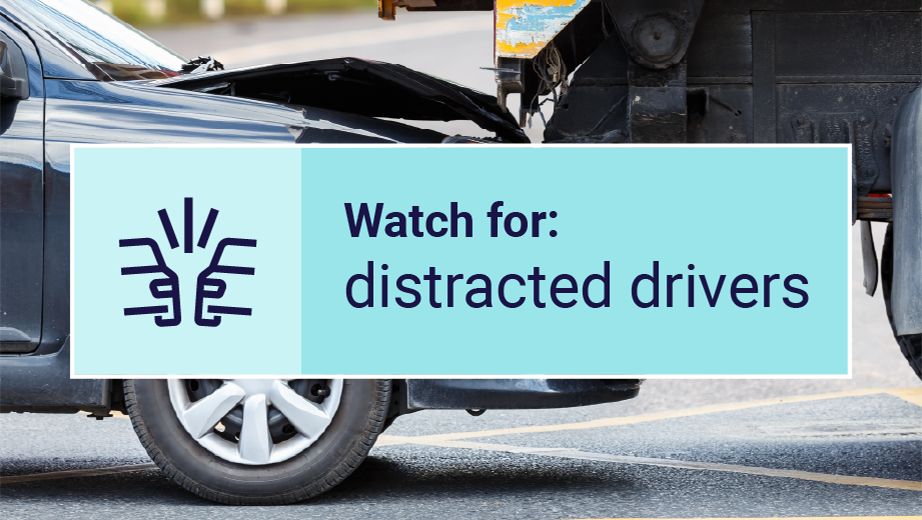
6. Roadway incidents involving motorized land vehicle (motor vehicle crashes)
Cost per year: $3.59B
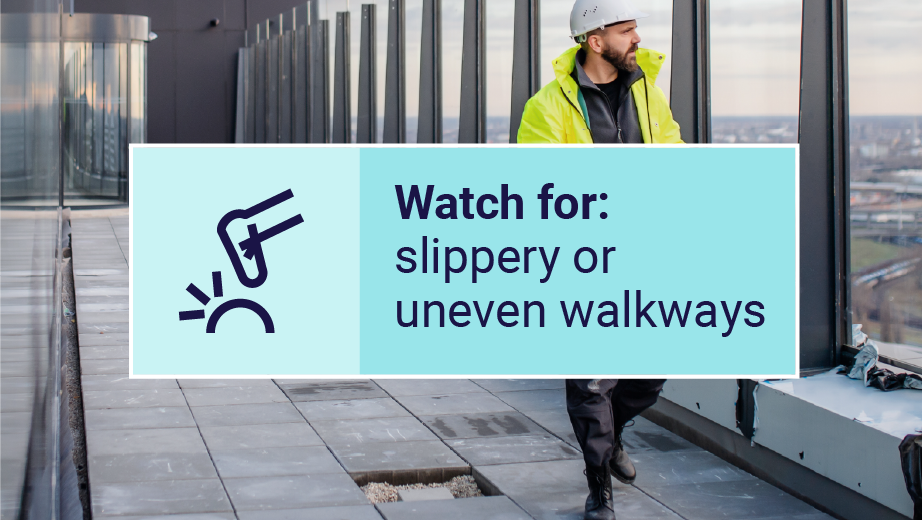
7. Slip or trip without a fall
Cost per year: $2.526B
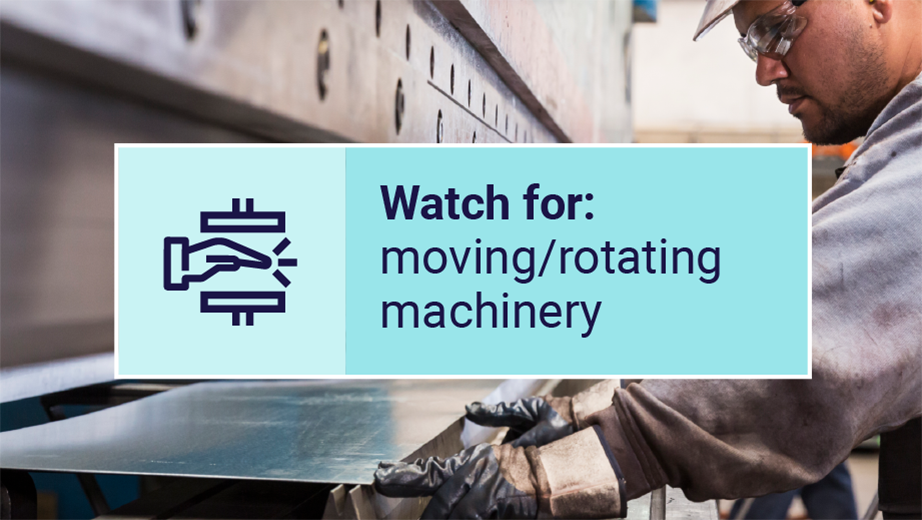
8. Caught in or compressed by equipment or objects
Cost per year: $2.19B

9. Struck against object or equipment (person colliding with objects or equipment)
Cost per year: $1.87B
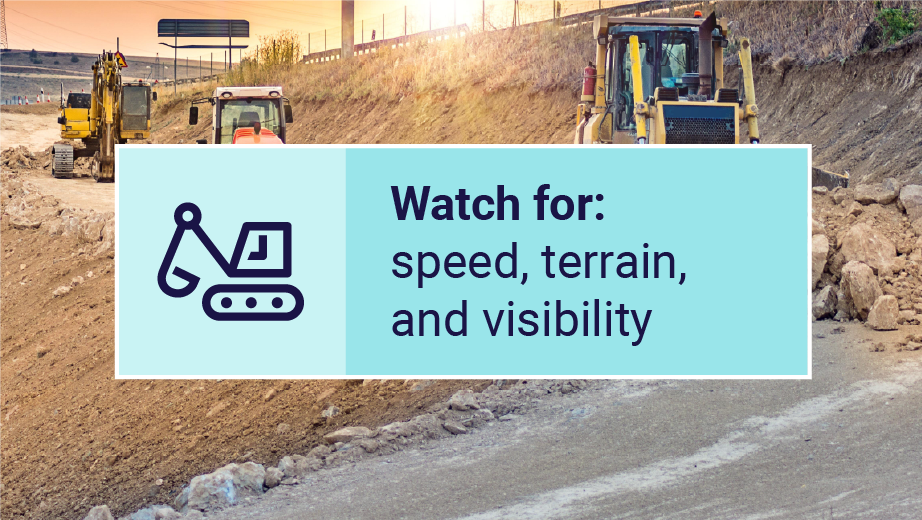
10. Nonroadway incidents involving motorized land vehicles (off-road vehicle incidents)
Cost per year: $1.39B
A safer workplace helps protect your employees — and your bottom line. Partner with Helmsman Management Services to learn how to identify and control for potential workplace injuries. Every preventive step helps you better mitigate your exposure to risks.
Study Methodology: the annual Workplace Safety Index is based on information from Liberty Mutual Insurance, the U.S. Bureau of Labor Statistics (BLS), and the National Academy of Social Insurance (NASI).¹ BLS nonfatal injury data are analyzed with the Liberty Mutual data to determine which events caused employees to miss more than five days of work, and then to rank those events by workers compensation costs, which are then scaled to the NASI total cost. To capture accurate injury cost data, each index is based on data three years prior. Accordingly, the 2022 index reflects 2019 data. To capture accurate injury cost data, each index is based on data three years prior. Accordingly, the 2022 index reflects 2019 data.
1. Liberty Mutual is grateful for the data collection accomplished by the National Academy of Social Insurance ( https://www.nasi.org/wp-content/uploads/2021/10/2021-Workers-Compensation-Report-2019-Data.pdf), and the customized data provided by the U.S. Bureau of Labor Statistics, Office of Safety, Health, and Working Conditions.e your exposure to risks.
This website is general in nature and is provided as a courtesy to you. Information is accurate to the best of Helmsman Management Services’ knowledge, but companies and individuals should not rely on it to prevent and mitigate all risks as an explanation of coverage or benefits under a policy or service contract. Consult your professional advisor regarding your particular facts and circumstance. By citing external authorities or linking to other websites, Helmsman Management Services is not endorsing them.
Our risk control services are advisory only. We assume no responsibility for: managing or controlling customer safety activities, implementing any recommended corrective measures, or identifying all potential hazards. No attempt has been made to interpret any referenced codes, standards, or regulations. Please refer to the appropriate government authority for interpretation or clarification.

